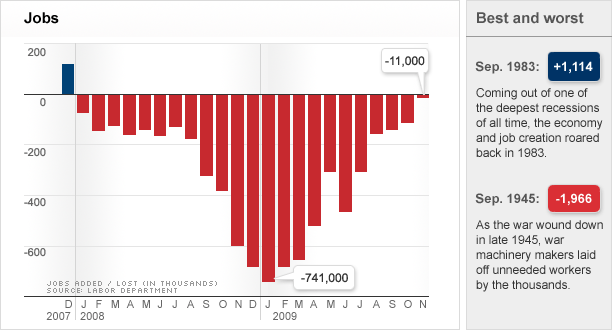... The Dollar and Yen carry trades are huge.
...
Yes, and Japanese, US efforts to stimulate their economies with cheap printing press money flooding out into more responsible nations (Ones that never got themselves into such an overextened, high-leverage, positions that their financial systems were tipping into depression without this govenment spending) are starting to fight back against the damage the US & Japan are doing to their economies (Brazil and Tiawan being the leaders) but others will soon act in self defense too:
"... Asian policy makers are studying capital controls to limit “hot money” inflows that may stoke asset bubbles and force their currencies to appreciate.
Officials from India, South Korea and Indonesia are among those expressing concern over overseas capital stoking stock and real estate prices. Indonesia’s central bank is “seriously” studying a limit on inflows to short-term bills ... Taiwan last week banned international investors from placing funds in time deposits. ... Policy makers are concerned that stronger currencies will stymie the potential rebound in exports and encourage capital inflows that may spur inflation and undermine financial stability.
“If Asian central banks act on these concerns, it will have important implications for currencies in the region and may slow or put a break on the sharp appreciation trend that has been in place,” said Mitul Kotecha, head of global foreign- exchange strategy at Calyon in Hong Kong.
Eight of 10 Asian currencies tracked by Bloomberg have strengthened against the U.S. dollar this year, led by the Indonesian rupiah, South Korean won and Indian rupee. Housing prices in some Asian nations are rising, while the region’s stock markets have surged in the past six months. ...
In Hong Kong, capital inflows are fueling investment in real estate and equities, driving up the city’s benchmark Hang Seng Index 57 percent this year. Residential property prices climbed 28 percent, according to Centaline Property Agency Ltd.
The MSCI Asia Pacific Index has climbed 66 percent since March amid signs the global economy is recovering from its worst slowdown since World War II. The measure is valued at 22 times estimated earnings for this year, more than twice the level 12 months ago. ...
“These economies could of course raise interest rates to contain inflation and increases in asset prices,” {Austrailia has} Hong Kong Monetary Authority Chief Executive Norman Chan said yesterday. “But the fear is that once interest rates are raised the carry trade will become even more active, attracting even more fund inflows. Asian economies are therefore facing a dilemma.”
Brazil last month was among the first to take steps to combat speculative inflows. Its government announced Oct. 19 a 2 percent tax on foreign purchases of fixed-income securities and stocks.*
India may take steps to slow capital inflows if foreign investment surges, Finance Secretary Ashok Chawla said yesterday. Policy makers may set a limit on the amount of money that local companies can borrow from abroad, the Economic Times reported, citing a Finance Ministry official it didn’t name.
Foreign funds purchased a net 732.5 billion rupees ($15.77 billion) of Indian stocks this year, after being net sellers in 2008, sending the rupee 4.7 percent higher and hurting sales at exporters including Gokaldas Exports Ltd.
South Korea may discuss measures to address the U.S. dollar carry trade that is causing its currency to strengthen, Kim Jong Chang, governor of the Financial Supervisory Service, said yesterday. Government agencies plan to hold talks on what can be done on the issue, Kim said.
Taiwan central bank Governor Perng Fai-nan on Oct. 14 expressed concern foreign investors have about NT$500 billion ($15.5 billion) in Taiwan dollar accounts, five times more than what the central bank considers acceptable. ... The island’s decision to implement capital controls may have had some effect. Taiwan has seen a decline in speculative capital from overseas, with the amount falling to NT$350 billion from about NT$400 billion a month earlier, Perng said yesterday.
The Federal Reserve’s policy of keeping interest rates near zero is fueling the wave of speculative capital that may cause the next global crisis, Hong Kong’s Chief Executive Donald Tsang said Nov. 13. ...”
From:
http://www.bloomberg.com/apps/news?pid=20601087&sid=aXJZJUKXcM3A&pos=1
--------------
*As this made Brazilian IPOs move to NYSX etc. just today the government put a 1.5% tax on IPOs that do move out of Brazil. The local stock market was very upset to be at a competive disadvantage.


